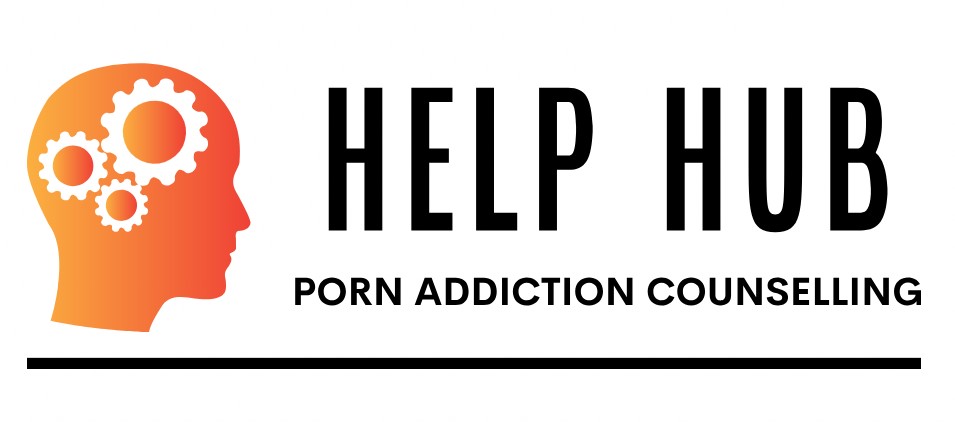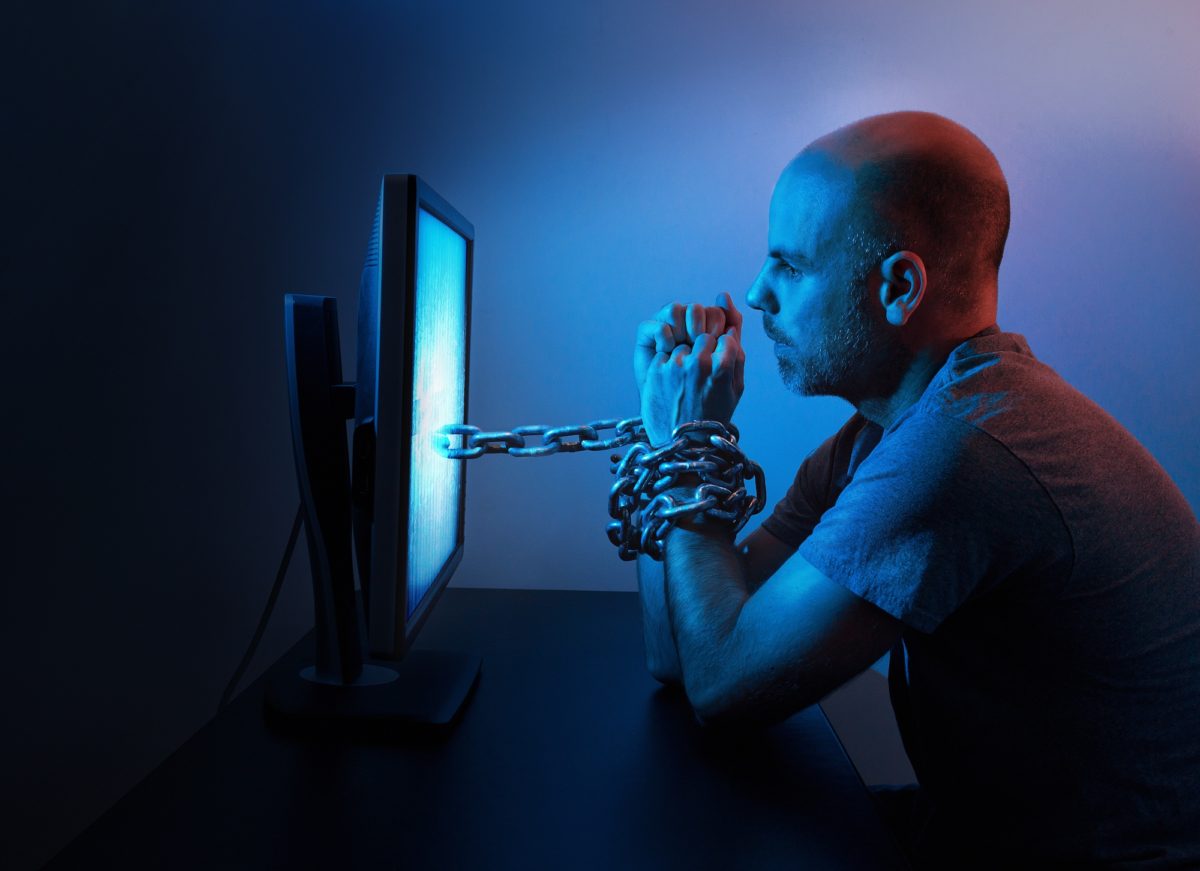Is there enough help for porn addicts available?
If you are struggling with porn addiction and desperately seeking help, but feel like there’s nowhere to turn—you’re not alone. It can be hard to know where to start when trying to find helpful resources for overcoming pornography addictions or breaking free from unhealthy patterns of behaviour. In this blog post, we will dive deep into the resources available for recovering porn addicts and discuss whether there is indeed enough support for those searching for assistance on their paths towards sobriety. We will look at different types of approaches including therapy, self-help tools, online support networks, faith-based interventions and other options that might be useful in aiding recovery from a porn addiction. Instead of feeling like you have no place left to turn as an addict looking for help, let’s explore what resources do exist so that you can make informed decisions about how best to approach your addiction recovery journey.
Definition of Porn Addiction and Common Symptoms
Porn addiction is an increasing concern among individuals who struggle to control their behaviour when it comes to consuming explicit material. Though the exact definition can vary from person to person, it can generally be defined as a compulsive, obsessive need for pornography that interferes with one’s daily life and activities. Common symptoms of porn addiction include binge-watching for extended periods of time, feeling an uncontrollable urge to view explicit material, putting time spent viewing before other important commitments or interests, and attempting to hide or minimize the amount watched. Furthermore, some people experiencing porn addiction may show signs of secrecy when talking about their behaviours such as guilt or disappointment in themselves for not being able to stop. On the flip side, others may deny that any problem exists at all. It is vital that everyone understands the signs and symptoms of porn addiction in order to effectively deal with them and make sure those suffering have access to enough help.
Impact of Pornography on Mental Health
Pornography has been around for centuries, but the rise of the internet has revolutionized how accessible pornographic material is to people. This ready access carries a plethora of consequences, especially on mental health. Studies have noted that pornography increases negative body image and sexual performance anxiety in both men and women, as well as intensifying feelings of isolation and low self-esteem due to comparisons with unrealistic beauty standards. It’s clear that porn addiction can have serious impacts on one’s daily life, leading to longer-term psychological issues such as depression and an inability to form healthy intimate relationships. Therefore it’s important that resources are available to porn addicts seeking help so they can restore balance in their lives.
Challenges of Seeking Help For Porn Addiction
Seeking help for porn addiction can be a daunting task. With no standard approach to the issue and limited resources available, the journey to overcoming an addiction to pornography can be discouraging. Oftentimes, those suffering from porn addiction desperately want help but feel shame or embarrassment in asking for it, leading to further isolation and despair. Compounding the difficulty of getting help is the fact that there may exist false expectations among both potential helpers and sufferers of porn addiction alike that prevention and recovery come in one-size-fits-all packages. Overcoming an addiction requires sensitivity, due diligence, and creativity when it comes to designing a treatment plan. Properly addressing porn addiction necessitates individuals understanding their own unique situations – including physical and mental health, personal values, family dynamics, lifestyle choices – in order to engage in meaningful recovery efforts with confidence.
Resources Available For Those Struggling With Porn Addiction
Porn addiction can be a devastating experience for those who suffer from it, causing feelings of shame and isolation. However, for those looking for help, there are resources available to help them in their journey. This can include support from family and friends, attending support groups or counselling sessions, or seeking out a specialised porn addiction therapist trained to address these issues. While the road to recovery is often long and difficult, there are many different paths that one can take with the right kind of guidance and support. Taking the first step in seeking out assistance is an important step towards reclaiming a healthy future.
Ways to Deal With Porn Addiction Without Professional Help
Navigating life with a porn addiction can be difficult and isolating. Those struggling should take solace knowing that there are steps to take for treatment without professional help. Primarily, it is important to stay accountable and create habit changes – replace porn consumption with healthier options such as going for runs, socializing or reading a good book. Additionally, forming new routines so that time previously spent looking at pornography can now be with healthier activities further assists recovery. Lastly, another key part of the recovery process is challenging thoughts and combating urges – which can done through increased self-awareness and monitoring triggers that could lead to slip ups. Through use of these strategies, one can set themselves on the road to recovery from porn addiction without professional porn addiction help.
Final Thoughts – How We Can Help Porn Addicts Seek Support and Overcome Their Addiction
While the good news is that society is becoming steadily more aware of the reality of porn addiction, and there are more resources than ever to seek help and get support, it can still be difficult for an individual to actually access the services they need. The reality is that addiction in general carries a lot of stigma, so even when recovery options exist, many affected individuals may be too afraid or embarrassed to take advantage of them. It’s critical that we make sure all conversations about this issue are non-judgmental and supportive, as these attitudes will strongly affect whether someone feels safe enough to reach out for help. Additionally, it befits us all to contribute positively to creating and maintaining a wide range of recovery services — from public campaigns, education programs, porn addiction counselling and therapy services and support groups — so everyone has access to assistance if they need it.
Porn addiction can have serious mental, physical, and emotional side effects that can make it difficult to control. It is important to realize the signs and symptoms of porn addiction and seek help when needed. There are multiple resources available for those struggling with an addiction, such as group therapy sessions, individual counselling, psychiatry visits, or rehabilitation centres. In addition, it is possible to manage an addiction without professional help in various ways, from seeking out support from loved ones to leveraging technology like apps or devices to block access to certain content. The key takeaways here are that there is help available for those who suffer from porn addiction and they don’t have to be alone in their journey. We need a united effort – parents, caregivers, educators, citizens, public health professionals – all working together to guide individuals toward getting recovery help. Ultimately, with the right tools and willingness to make changes in our lives, anyone can overcome porn addiction and ultimately reclaim their lives once again!

